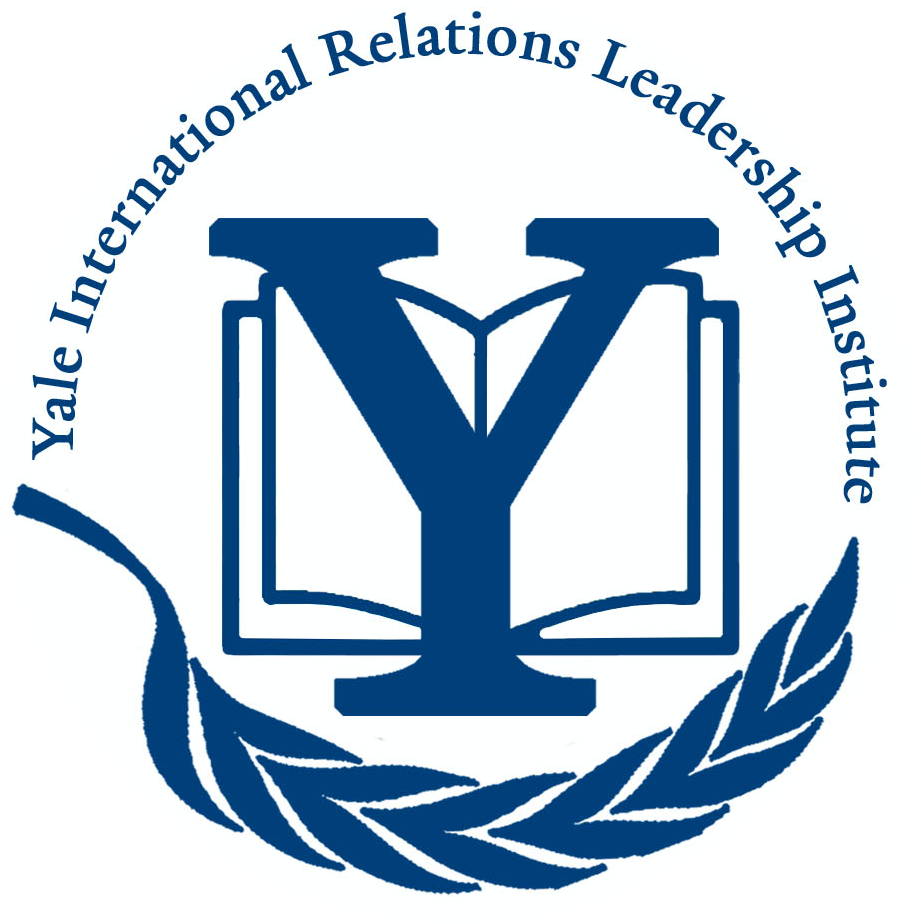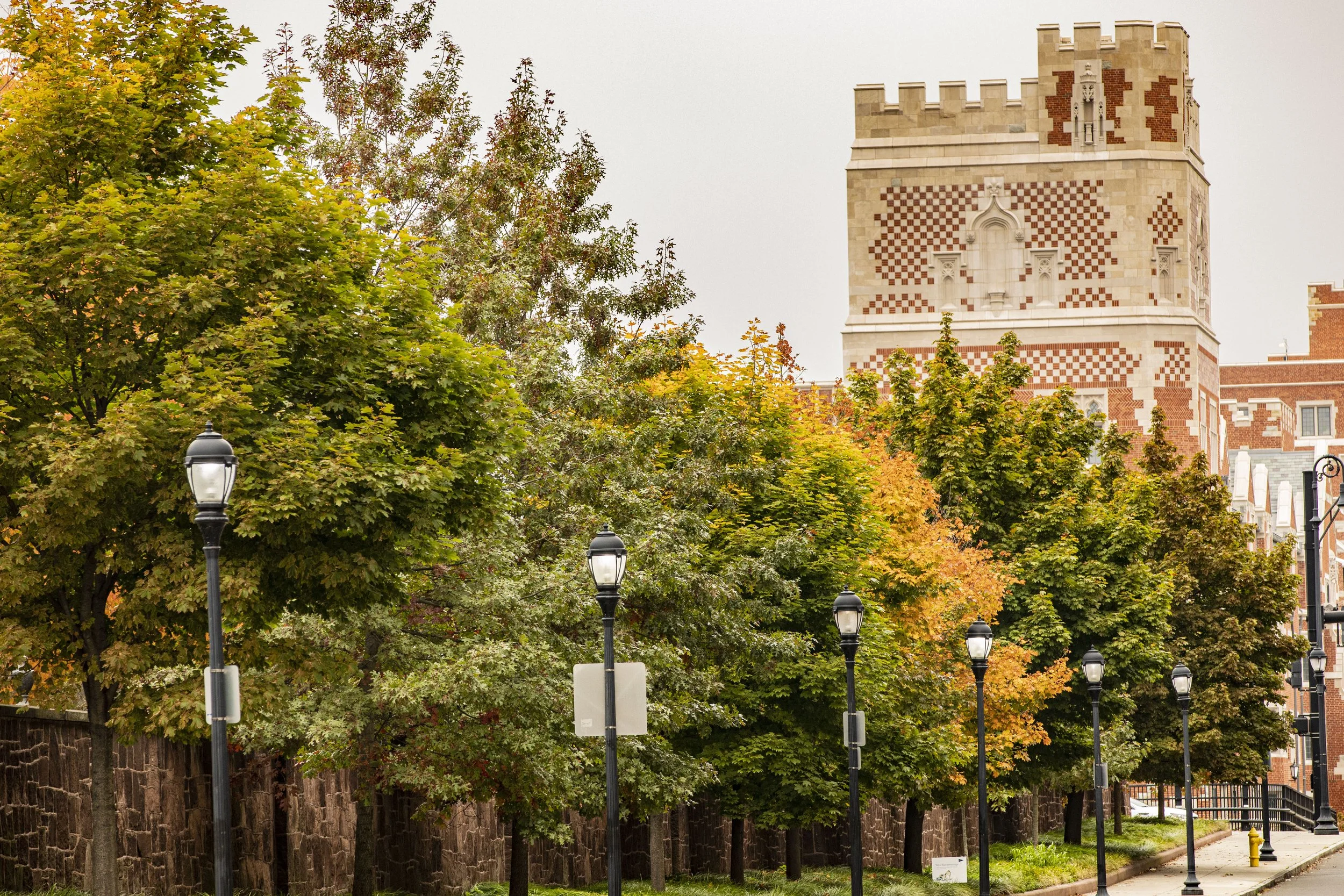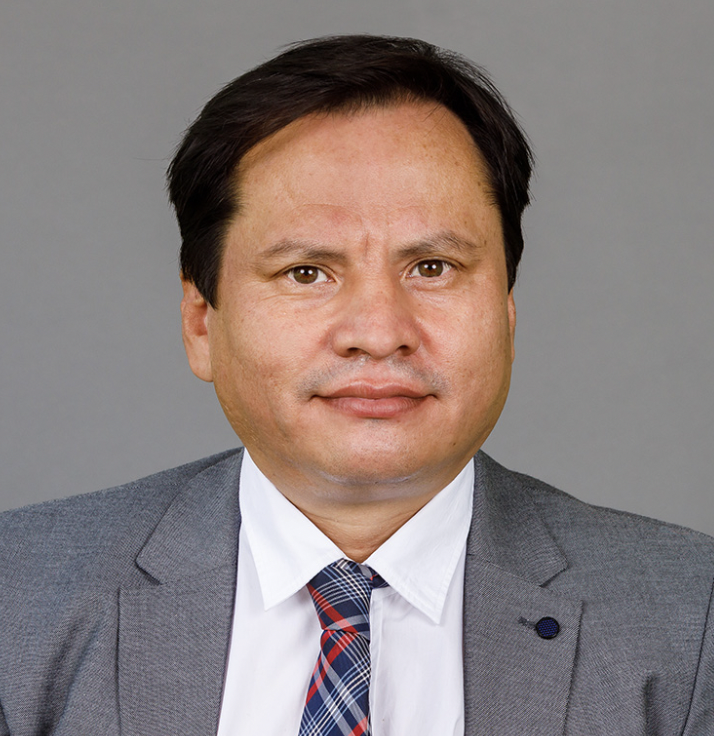YIRLI 2023 Speakers
Mohammad Musa Mahmodi
Musa is a Research Fellow in Law at the Schell Centre for International Human Rights at Yale Law School. His research and work focuses on accountability, transitional justice, victims’ participation in criminal proceedings, justice reform and minority rights. Musa is also a Yale World Fellow 2020.
Before coming to Yale, Musa was a human rights defender and lawyer based in Kabul, Afghanistan. He served as Executive Director of the Afghanistan Independent Human Rights Commission for ten years, providing strategic direction for programs and activities to monitor, protect, and promote human rights in a conflict-affected country. As part of his work, he focused on transitional justice, women’s rights, children’s rights, human rights education, and investigations of human rights violations and abuses. Musa also advocated to reform Afghan laws and policies in compliance with international human rights instruments.
He previously worked with the National Democratic Institute for International Affairs, where he led and ran programs strengthening democracy and political parties in Afghanistan. Musa holds a law degree from Kabul University and in 2007 was awarded a Fulbright scholarship to study at the Maxwell School of Syracuse University for his Master’s degree.
Rayhan Asat
Rayhan Asat is a former Wall Street lawyer turned internationally recognized human rights lawyer and advocate. Rayhan’s work is inspired by her brother Ekpar Asat who is an award-winning tech entrepreneur, philanthropist, and an alumnus of a prestigious US State Department program. Ekpar has been forcibly disappeared into China’s concentration camps since 2016. Tragically, many others share his story. Rayhan’s work centers around the persecution of the Uyghur people to help people like her brother as well as other broad-ranging human rights issues. For her work, she was named a visionary changemaker in Vox’s Inaugural FuturePerfect50 alongside Nobel-prize-winning scientists and Pulitzer-winning journalists.
Rayhan leads the Atlantic Council Strategic Litigation Project’s Uyghur human rights policy and foreign policy portfolio. Rayhan's human rights advocacy and her own writing has been featured in many media outlets, including The New York Times, BBC, Foreign Policy, The Hill, CNN, and many others. She has testified before the US Congress, the UK House of Commons, the Canadian House of Commons, the European Parliament, and the Lithuanian Parliament— her policy recommendations have been adopted by these respective countries.
For her human rights work, Rayhan was awarded the Stanford Democracy Fellowship and named a Yale World Fellow, a fellowship awarded to sixteen exceptional leaders making a positive impact on the world. Since then, she has worked with the Yale Law School Orville H. Schell Center Human Rights Clinic for the past two years. A sought-after speaker, Rayhan has appeared at many global summits and forums, including the Summit for Democracy at the invitation of President Biden and the Jeju Forum at the invitation of the South Korean Ministry of Foreign Affairs. Last year, Rayhan also made a presentation at the World Ethical Data Forum on AI Ethics and International Laws.
Deborah Coen
Deborah R. Coen is a historian of science whose research focuses on the modern physical and environmental sciences and on central European intellectual and cultural history. She earned an A.B. in Physics from Harvard, an M.Phil. in History and Philosophy of Science from Cambridge, and a Ph.D. in History of Science from Harvard, where she was also a Junior Fellow of the Society of Fellows. Before coming to Yale, she taught for ten years in the History Department at Barnard College and was Director of Research Clusters for the Columbia Center for Science and Society. At Yale she is also a member of the steering committee of the Environmental Humanities Initiative.
Her latest book is Climate in Motion: Science, Empire, and the Problem of Scale (2018), winner of the 2019 Pfizer Award from the History of Science Society in recognition of an outstanding book dealing with the history of science. She is currently at work on two related book projects. The first tracks a series of Viennese debates over invisible atmospheric forces detected circa 1800, including animal magnetism, Aereon, Od, ozone, and atmospheric electricity. It uses these controversies to tell a material, cultural, and political history of “physical medicine” in central Europe, a science of environmental health that threatened to expose hidden constraints on human autonomy. The second project, Climate Risk: Historical Roots of a Vulnerable Science, reinterprets formative episodes in the history of atmospheric science since 1700 by bringing to the fore the voices of feminist critics, past and present. It uses history to diagnose contradictions at the heart of today’s science of climate “vulnerability.”
Ameer Abdulrahman
Ameer Abdulrahman is a policy advisor and political strategist who has dedicated his career to advocating for marginalized communities. Ameer develops and leads successful advocacy campaigns that center those most impacted to create real solutions for a better future and advises legislators across the country on policy.
As a son of immigrants and refugees, Ameer believes in the importance of seeing people for their full humanity and in doing the work to provide them with the opportunity to reach their fullest potential.
Ameer currently serves as the National Campaign Manager at PERIOD. Previously, he was the Director of Operations on a United States Senate Campaign.





